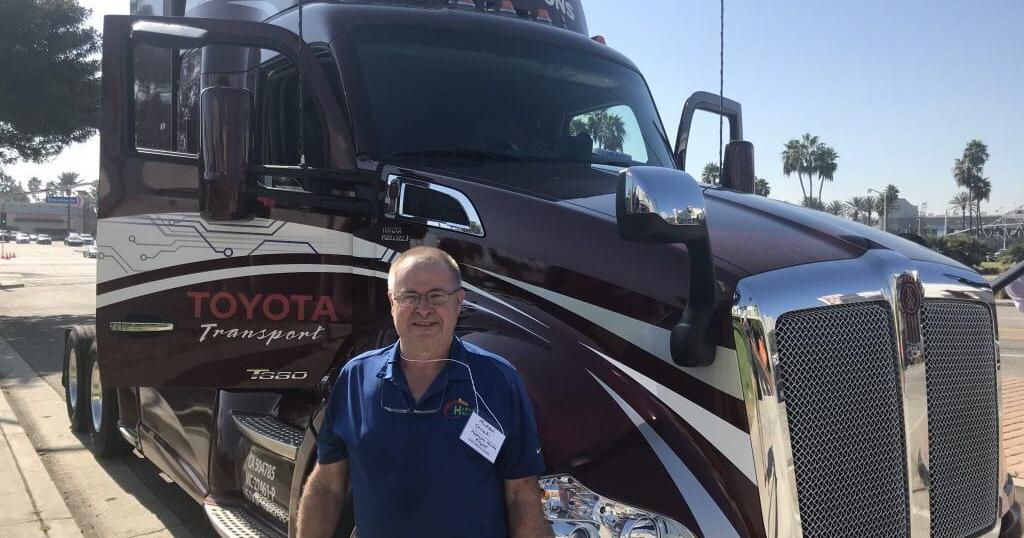If flight recorders can survive a plane crash…
They are not pressurized and have very low mass. Also located in a place that is designed to absorb shock.
I think i'm having trouble with the amount of hydrogen required for a car. Need to do more research.
is it the size of a pancake compressor? or a large welding tank?
it would be really cool to just pull up and swap tanks (robotic of course)
maybe 1 minute? faster than refueling with petrol.
you wouldn't care how old the tank was (as long as it was still certified)
when i mention that with batteries people go nuts about swapping their pristine battery pack
for a tired one.
-----
metals in a gas state just seem so wrong!










